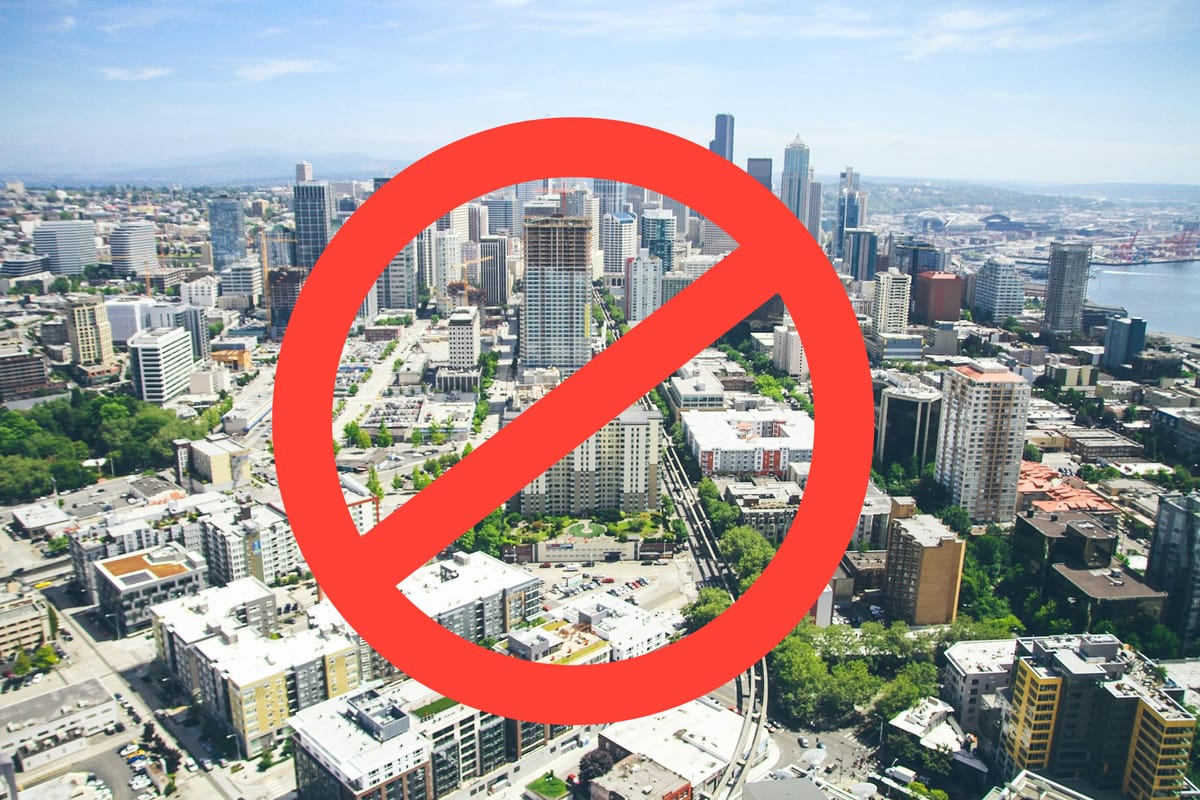Seattle City Council Passes Controversial "No-Go Zones" Despite Evidence

The Seattle City Council approved new "Stay Out of Areas of Prostitution" (SOAP) and "Stay Out of Drug Areas" (SODA) orders this week, establishing no-go zones in high-crime areas. Experts argue these measures are ineffective and may simply displace criminal activity.
"Seattle has tried this time and again, and what they have found is it does not work," Robert Cruickshank, chair of Sierra Club Seattle, said. "It does not stop criminal activity from happening in those areas. It doesn't help the people who are addicted to drugs or stuck in sex trafficking get out."
Crystal Fincher, host of the Hacks & Wonks podcast, highlighted the irony of the council's approach, given their previous calls for data-driven policies: "So many people in this council, these new council members talked about, we need to conduct audits. We need to really get data and evidence. And what they may not have been aware of is that the city actually does do audits in specific areas."
She noted that a recent audit of the areas in question did not recommend SOAP or SODA zones, instead offering evidence-based recommendations for reducing overdoses and crime. The council's disregard for this evidence seems to expose their ideological rather than pragmatic approach to governance.
Recommended Reading
Addressing Places in Seattle Where Overdoses and Crime are Concentrated: An Evidence-Based Approach by Seattle Office of City Auditor

